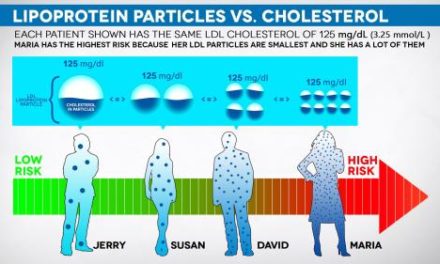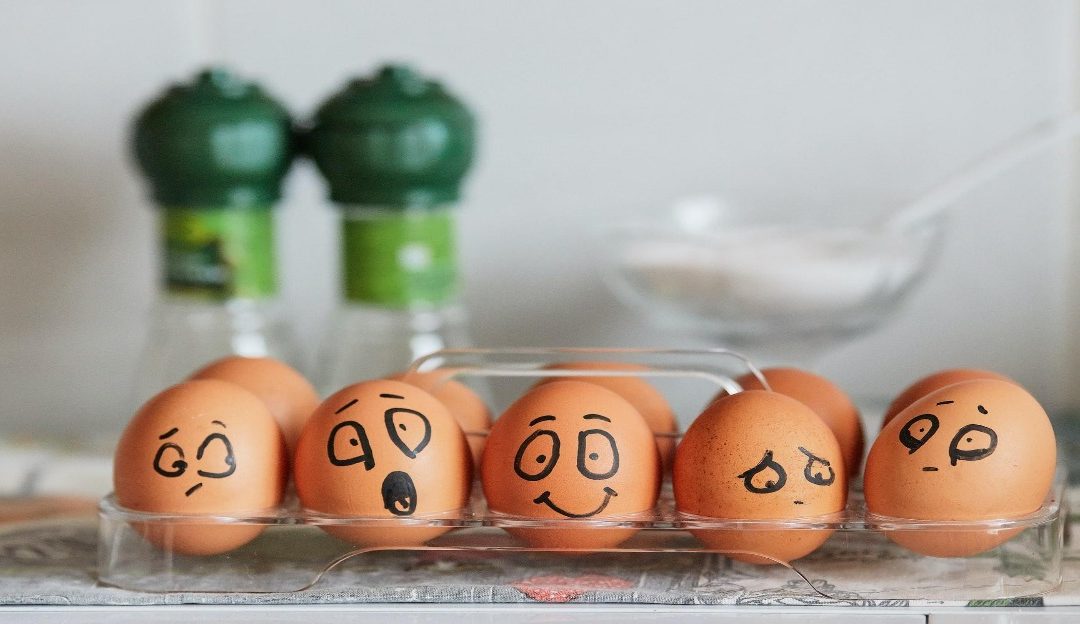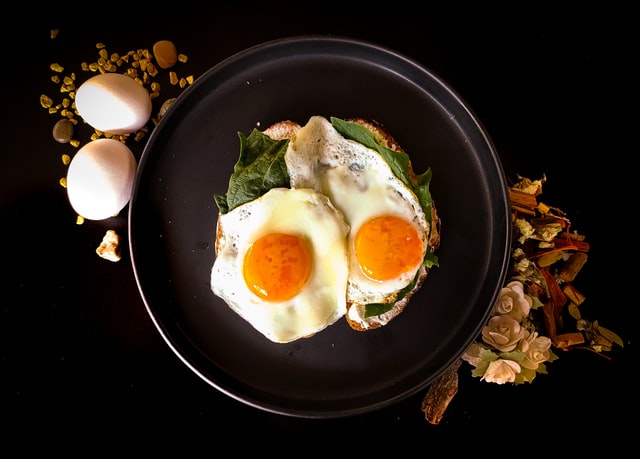
Link Between Eggs and Cholesterol
Link Between Eggs and Cholesterol
As a matter of fact, when you consume eggs, you raise your HDL (high-density lipoprotein), which is your good cholesterol. Some of you may know HDL as good cholesterol which removes the plaque buildup in your arterial walls. On the other hand, LDL (low density lipoprotein) do the reverse. They deposit plaque on your arterial walls.
In Singapore, we go to any polyclinics or companies that offer health screening packages, and we do a blood test. When we look at the numbers for LDL, HDL, triglycerides, fasting blood glucose, and the default setting will then determine you need to see doctor based on the blood test results. Unfortunately, we do not have the latest technology to screen LDL further, and doctors are pretty much quick to jump to conclusions and prescribe statin to lower your blood cholesterol. No offence to any practicing doctors here!

Back to the question: Can I eat more than 3 eggs per week? For me, yes. Tried and tested since 2008. I like eggs as breakfast on a daily basis. Generally the healthy fats in egg yolks improves your satiety and you do not feel hungry easily and overeat as a result. Secondly, it is a powerful combo together with my Kopi O Kosong (coffee with no sugar and milk). My health improved tremendously, along with adjustments to other parts of my daily diet to ensure that I eat proper food. As for the rest of you readers out there, you can try increasing the intake gradually, and see if there is any effect on your body (use the health screening results as a guide). You should see a marked improvement in your HDL levels, way above optimal levels, once eggs become part of your daily diet. As for LDL, do compare it with what you are currently eating on a daily basis, and make a judgement if you should be overly concerned with an increase in LDL. For me, even if statin is offered to me, I wouldn’t take it. This is something which can be changed with lifestyle modifications, if you know how to do it.
I hope one day Singapore’s blood testing will be advanced enough to include particle size testing of LDL, which will definitely help in analysing how our diet contributes to the good or bad LDL. I remember back in 2015, when I attended the Asia Fitness Convention in Bangkok, I posted the same question to Ms Cat Simmons, a Registered Dietician in USA, and it is confirmed that we are pretty much behind in terms of technological testing for LDL particle size. Is there anyone out there who can bring this to Singapore? This is definitely on my bucket list, should I make a trip to USA one day 🙂
Meanwhile, enjoy your eggs! Pretty good food, ya? I can never get tired of this super food. Thanks for reading and do give me your comments if you have any questions. See you next time 🙂


